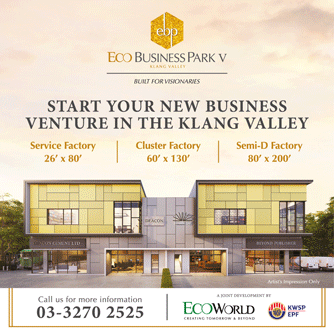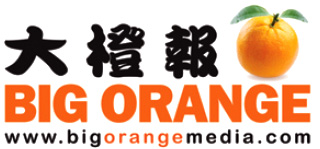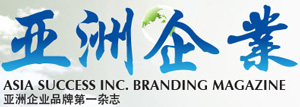Time is ripe for Malaysian SMEs to export

Malaysia is the twenty-third largest exporter in the world and has signed free trade agreements with many countries and possibly the Trans-Pacific Partnership agreement as well.
KUALA LUMPUR: Going international is the dream of many Malaysian small and medium-size enterprises (SMEs), but many took a step back due to human resource and financial constraints, including lack of knowhow and know who.
Despite making up 98.5 per cent of the country’s businesses, the majority of SMEs only cater to the local market, according to the SME Association of Malaysia.
However, with the weakening local spending power of late, the association strongly urged members to seriously look at the export market to expand their business.
Malaysia External Trade Development Corporation (Matrade) chief executive officer Datuk Dzulkifli Mahmud shares the association’s sentiment.
“Malaysian SMEs now contribute 19.9 per cent in total exports and the government wants to increase this to 25 per cent by 2020.
“To achieve this target, MATRADE has set up a slew of capacity building programmes and support schemes to help SMEs gain market access and integrate into the global supply chain,” he told Bernama.
Such that Matrade regularly conducts export training seminars and workshops to guide SMEs on how to brand, package and market their products and services, and comply with export procedures including documentation and certification requirements.
Once they complete these training programmes, the export-ready SMEs would be equipped with the skills to market their products and services in the global marketplace.
The corporation’s recently established Integrated Centre for Export (ICE) acts as a one-stop centre that not only provides SMEs with consultancy, advisory and financial services, it also updates them on export-related programmes organised by Matrade, government ministries and agencies, trade associations and banks.
To link the SMEs with the right international buyers, Matrade organised at least 30 trade promotion activities every quarter of the year.
Apart from in-house promotion, they include international trade fairs, trade and investment missions, specialised marketing missions, promotion booths and international sourcing programmes.
With a network of 46 overseas offices, Matrade can provide SMEs with all the necessary market information to help them make informed decisions.
The agency’s Client Relationship Management Unit provides general, market and product advisory services that are available at the respective countries.
“Matrade is often the first reference point for enquiries and visits by foreign buyers.
“Once they have made their intentions clear, we will introduce them to local SMEs that offer the products and services they seek,” Dzulkifli said.
SMEs that prefer to go global online, can opt for the corporation’s eTRADE programme, he said.
The corporation had recently collaborated with Alibaba.com through its B2B Alibaba.com Gold Supplier Package.
“We are currently in the process of engaging with other international e-marketplaces like e-Bay, Rakuten, IndiaMart and Lazada to establish collaboration with them,” he added.
As for the advent of the Asean Economic Community (AEC), Dzulifkifli said it would a good platform for Malaysian SMEs to expand their business as the AEC, with a population base of 625 million, would be the seventh largest economy in the world and the third largest in Asia.
Malaysia being in close proximity with Thailand, Indonesia, Brunei, and the Philippines, is strategically located within Asean, taking only about two to three hours by air to reach any of the Asean capitals.
In view of Malaysia’s strategic location, Matrade will be bringing buyers from 10 Asean countries to meet with Malaysian SMEs at an international exhibition in Kelantan next year.
“The exhibition will serve as the platform for Malaysian SMEs to showcase their products and services, establish networking and close potential business deals,” Dzulkifli said.
He maintained that the corporation’s capacity building and training programmes for Malaysian SMEs would certainly give them the edge in terms of branding, product quality and compliance with international standards.
Hence, in the effort to gear up their participation in the export market, Matrade had lined up some 150 programmes in 2016 to help SMEs promote their products and services in the international markets.
Dzulkifli, who served as Matrade trade commissioner in Milan, Rotterdam and Dubai prior to his appointment as chief executive officer, ardently urged Malaysian SMEs to seriously consider the export markets as part of their growth strategy.
“The current situation is certainly competitive but we are not the only ones in the region that is facing currency depreciation.
“I urge SMEs to continue their business promotion by participating in Matrade programmes and activities,” he said.
Malaysia is the twenty-third largest exporter in the world and has signed free trade agreements with many countries and possibly the Trans-Pacific Partnership agreement as well.
This will give Malaysia access to some 40 per cent of the world market which is a huge opportunity for the SMEs to spread their wings abroad.
SME entrepreneurs can rest assure that Matrade would continue to assist them expand their market overseas.
For Malaysian SMEs, the time to export is now, Dzulkifli said. — Bernama






























